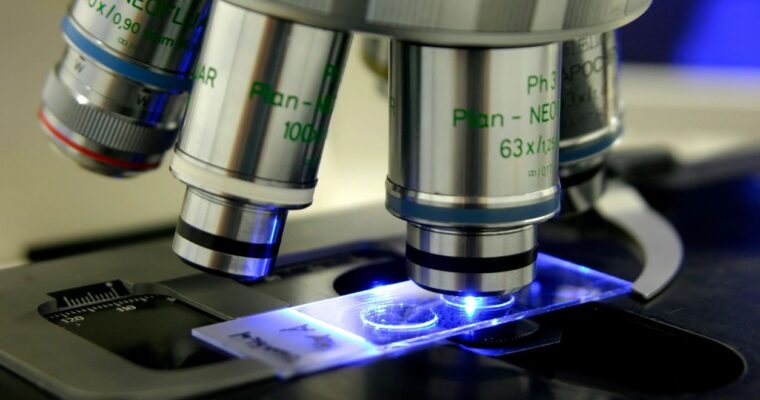PCOS – polycystic ovarian syndrome – is a disease that affects a woman’s fertility. In America, approximately 7% of women have been diagnosed with this disease (Ndefo et.al., 2013) although many more women may have it and not know. Symptoms of PCOS include irregular periods, facial hair growth, acne, unusual abdominal weight gain, thinning hair, depression, sleep apnea, and lastly, ovarian cysts and unexplained infertility (PCOSAA, n.d.).
Insulin resistance, another symptom of PCOS, causes the ovaries to produce androgens (male hormone). Researchers mainly attribute infertility from PCOS to the increased androgen production which prevents follicles from developing, causes the ovarian cysts, and creates the irregular menstrual cycle (Ndefo et.al., 2013). PCOS also creates an endometrial lining that is not receptive to implantation of a fertilized egg (Schulte et.al., 2015). Besides infertility and the other undesirable symptoms, women with PCOS are at a higher risk of other diseases such as cardiovascular disease, type2 diabetes, and certain forms of cancer (Ndefo et.al., 2013).
Although there is no cure, doctors treat PCOS by trying to address the pathophysiological symptoms. One of the first suggestions that most doctors will make has to do with weight loss and dietary changes. Because women with PCOS or more likely to be overweight or obese and have difficulty with insulin regulation, one form of treatment would be to start an exercise regimen and lower sugars and starches in the diet. A surgical treatment might include laparoscopic surgery to create holes in the surface tissue of the ovary to destroy the tissues that produce male hormones. There are also many prescription therapies that medical doctors may elect for patients (Ndefo, 2013).
References
Ndefo, U. A., Eaton, A., & Green, M. R. (2013). Polycystic Ovary Syndrome: A Review of Treatment Options With a Focus on Pharmacological Approaches. Pharmacy and Therapeutics, 38(6), 336–355.
Shulte, M.M., Tsai, J.H., Moley, K.H. (2015). Obesity and PCOS: the effect of metabolic derangements on endometrial receptivity at the time of implantation. Reproductive Science, 22(1), 6-14.
PCOS Overview. (n.d.) In PCOS Awareness Association. Retrieved July 22, 2017, from http://www.pcosaa.org/pcos-overview/



